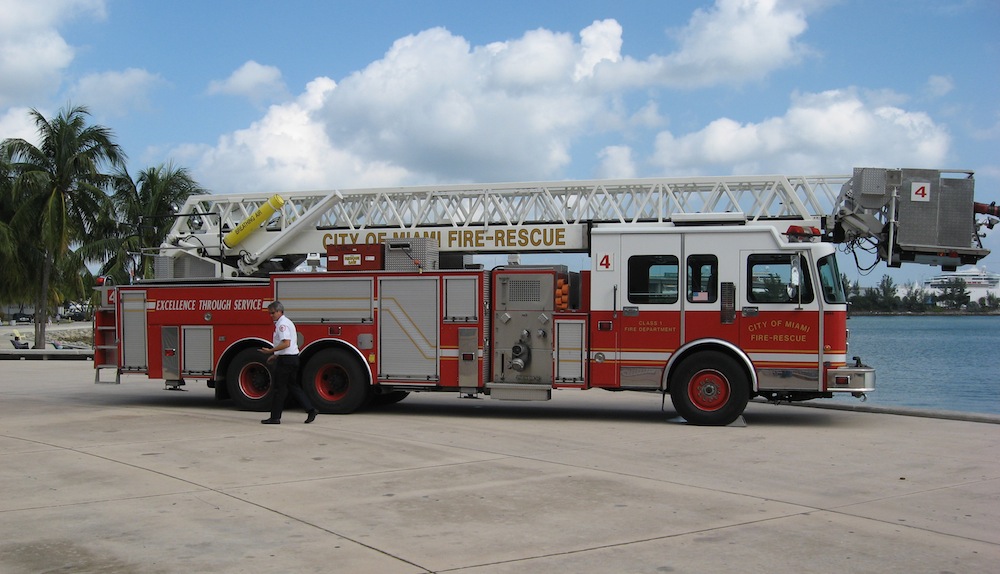New Florida building code legislation will allow building owners to postpone for several years a requirement for all new and existing buildings to provide minimum radio signal strength for fire department communications.
The code change that requires installation of necessary equipment and wiring in most commercial and multi-family buildings was to go into effect immediately, with no grace period. The provision, which necessitates opening up sections of walls and ceilings, has been estimated to cost over $1 million for some large structures.
A recently enacted update to the legislation provides for existing non-residential buildings to install the radio enhancement systems by Jan. 1, 2022, if owners submit their application for the installation permit by Dec. 31, 2019. Existing apartment buildings (including residential condominiums) are not required to install radio enhancement systems until Jan. 1, 2025, if they apply for the appropriate permits by Dec. 31, 2022.
The legislation now allows unit owner associations to stretch out special assessments over a number of years.
Related Stories
Codes and Standards | Sep 7, 2021
Boston turns to developer fees to fund flood protection infrastructure
Assessments on commercial properties will help build seawall and other protective measures.
Codes and Standards | Sep 3, 2021
Low-cost methods can have substantial impact on reducing embodied carbon
Whole-building design, material substitution, and specification strategies can slash carbon by up to 46%.
Codes and Standards | Sep 2, 2021
Case for power resiliency in buildings grows with more disaster and outages
Essential businesses like data centers, hospitals are first adopters of new storage systems.
Codes and Standards | Aug 31, 2021
UK industry group wants mandatory whole-life carbon assessments of buildings
Aims to address hidden emissions embedded in supply chains.
Codes and Standards | Aug 31, 2021
Home electrification will require code upgrades
Residential electric panel capacity must be increased.
Codes and Standards | Aug 30, 2021
Facebook’s new $800 million Arizona data center to save big on water
Will restore more than 200 million gallons of water per year to river basins.
Codes and Standards | Aug 26, 2021
California may require solar on new high-rise residential and commercial buildings
State energy commission approves proposal; Could become law in 2023.
Codes and Standards | Aug 25, 2021
Study finds racism, discrimination common in construction industry
NIBS to share best practices with industry leaders to improve worker treatment.
Codes and Standards | Aug 24, 2021
White paper addresses insulated metal panel specifications for roofs and walls
Pertains to provisions of the National Building Code of Canada.
Codes and Standards | Aug 24, 2021
KTGY releases free resource to reduce carbon footprint in multifamily developments
Helps navigate Denver Green Code measures—a series of voluntary codes.

















